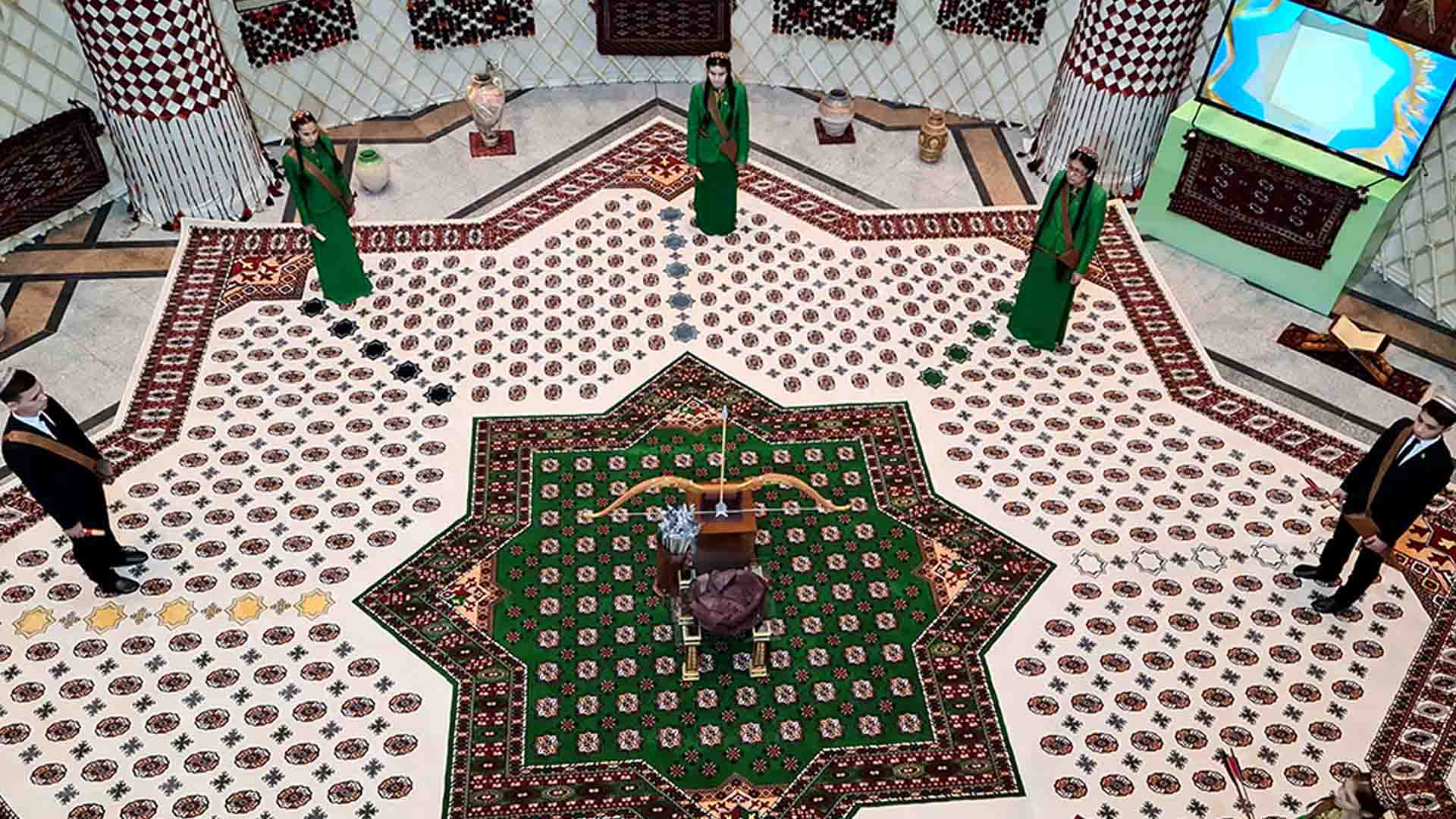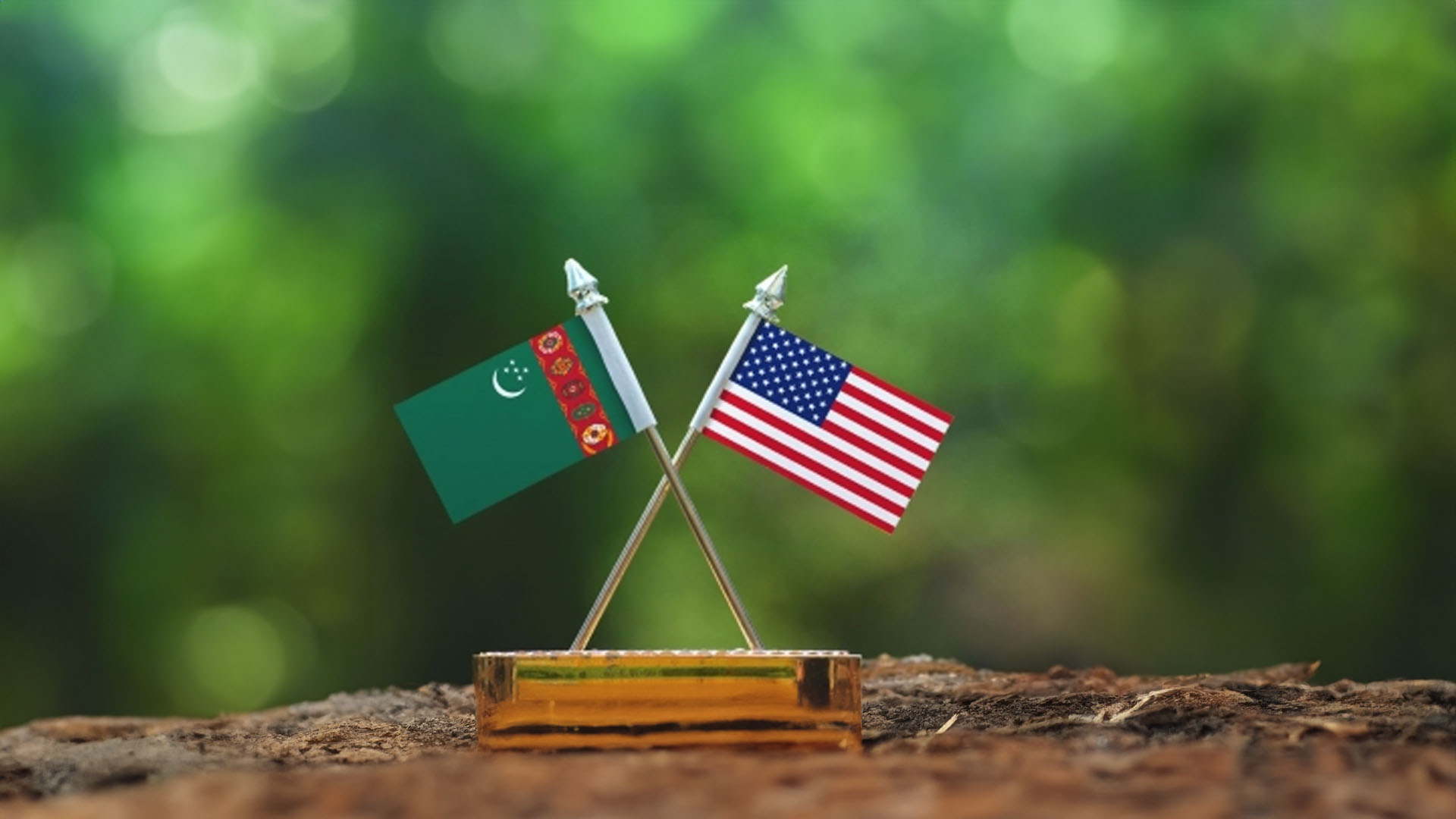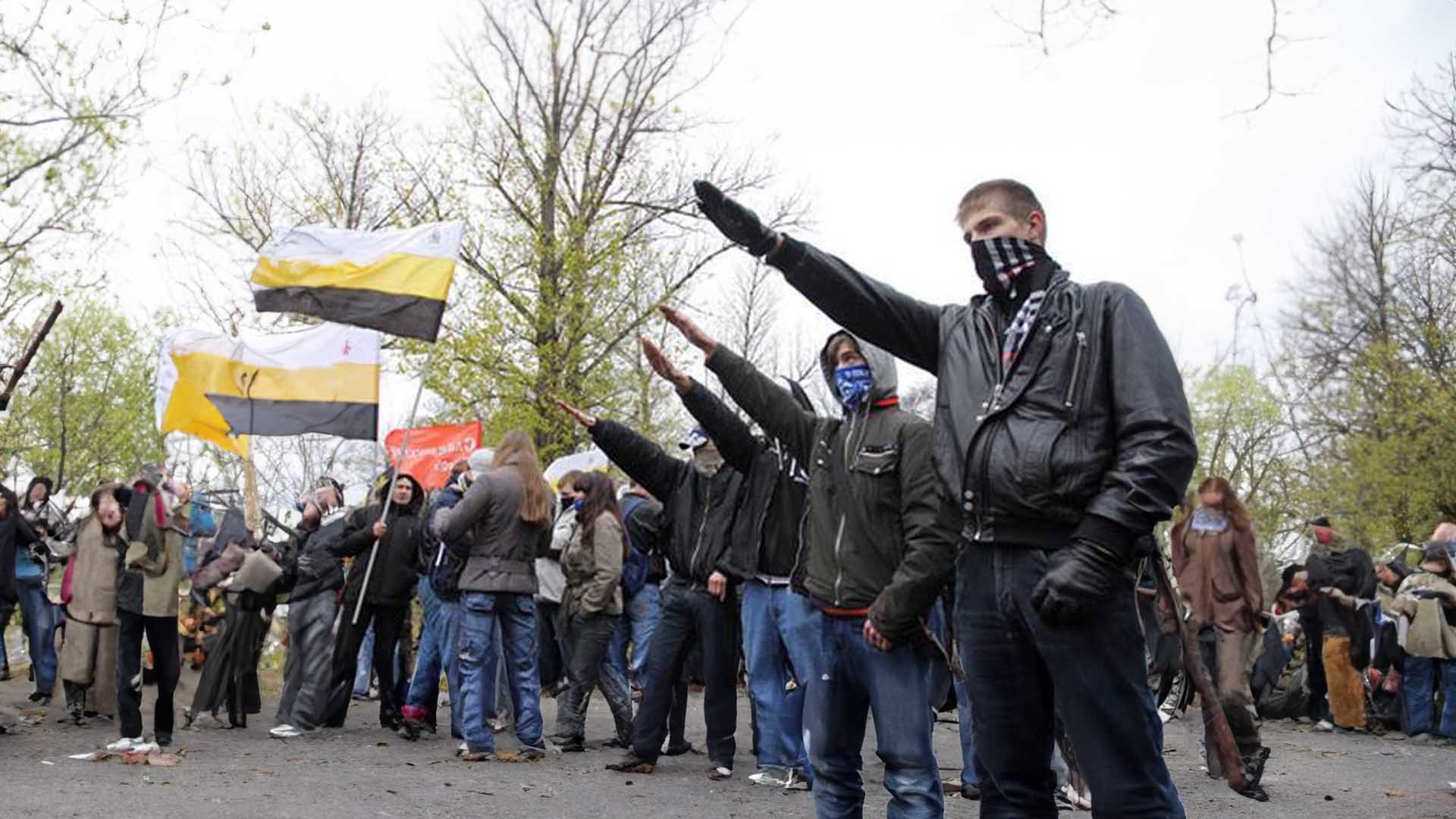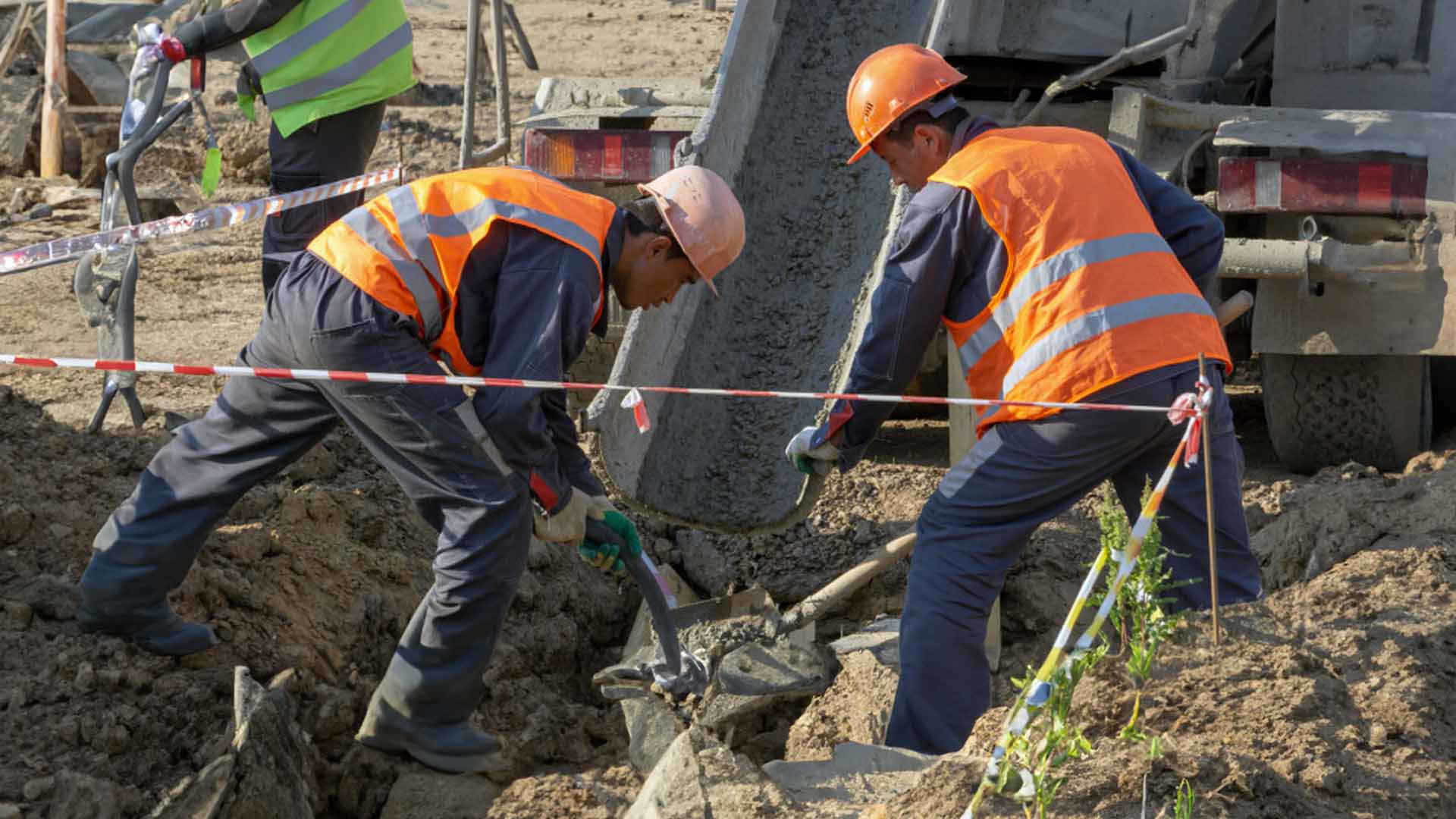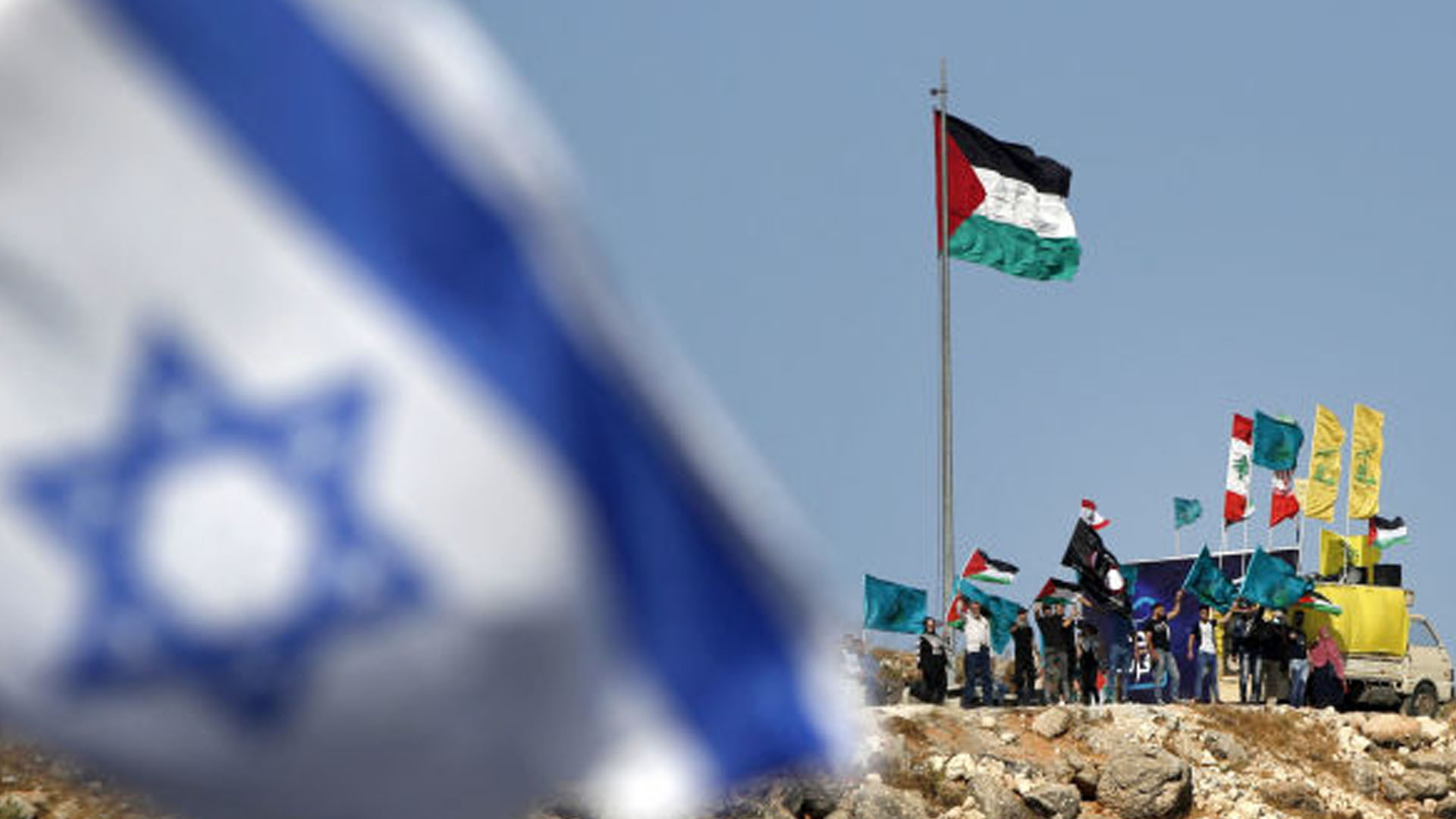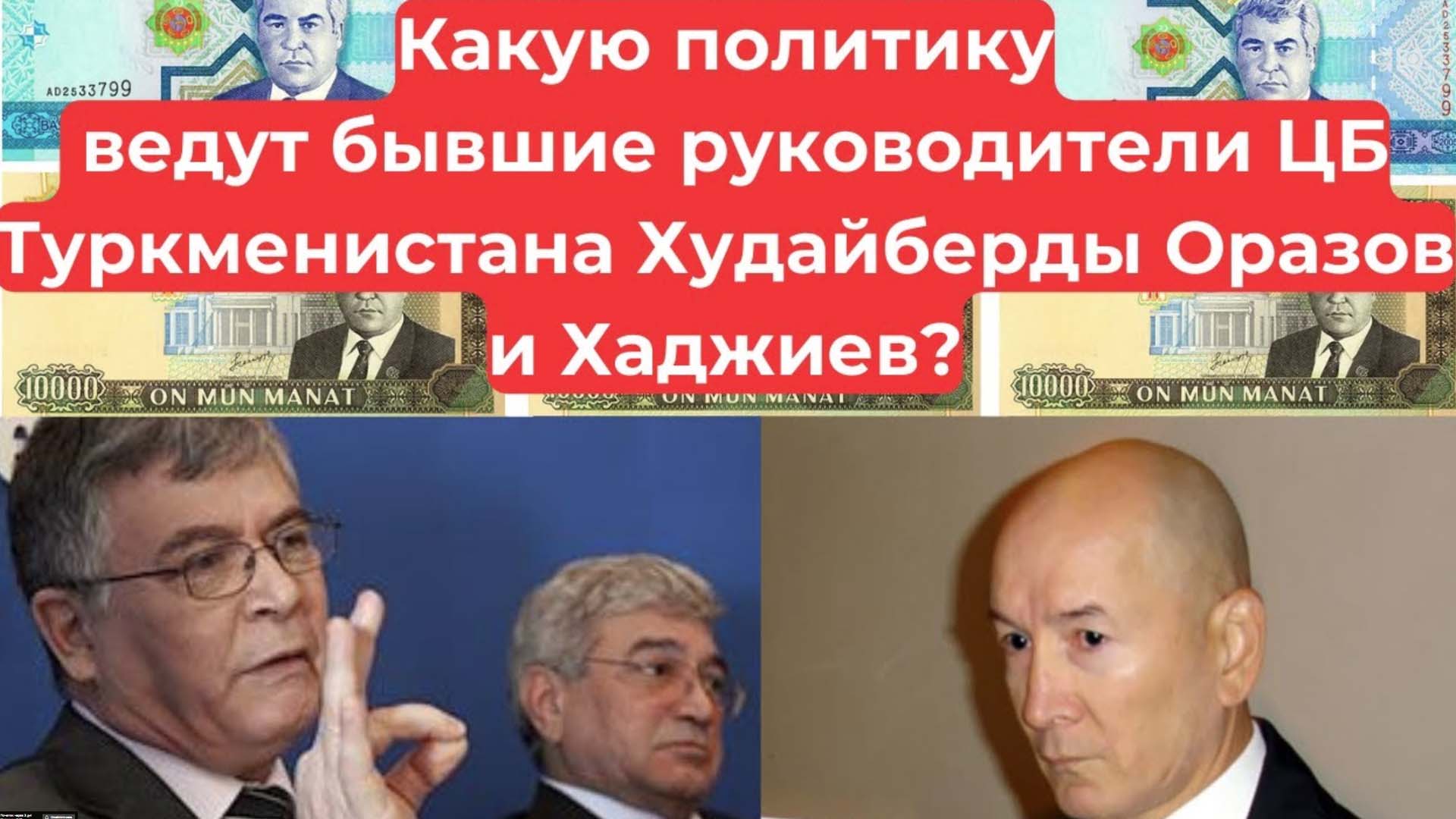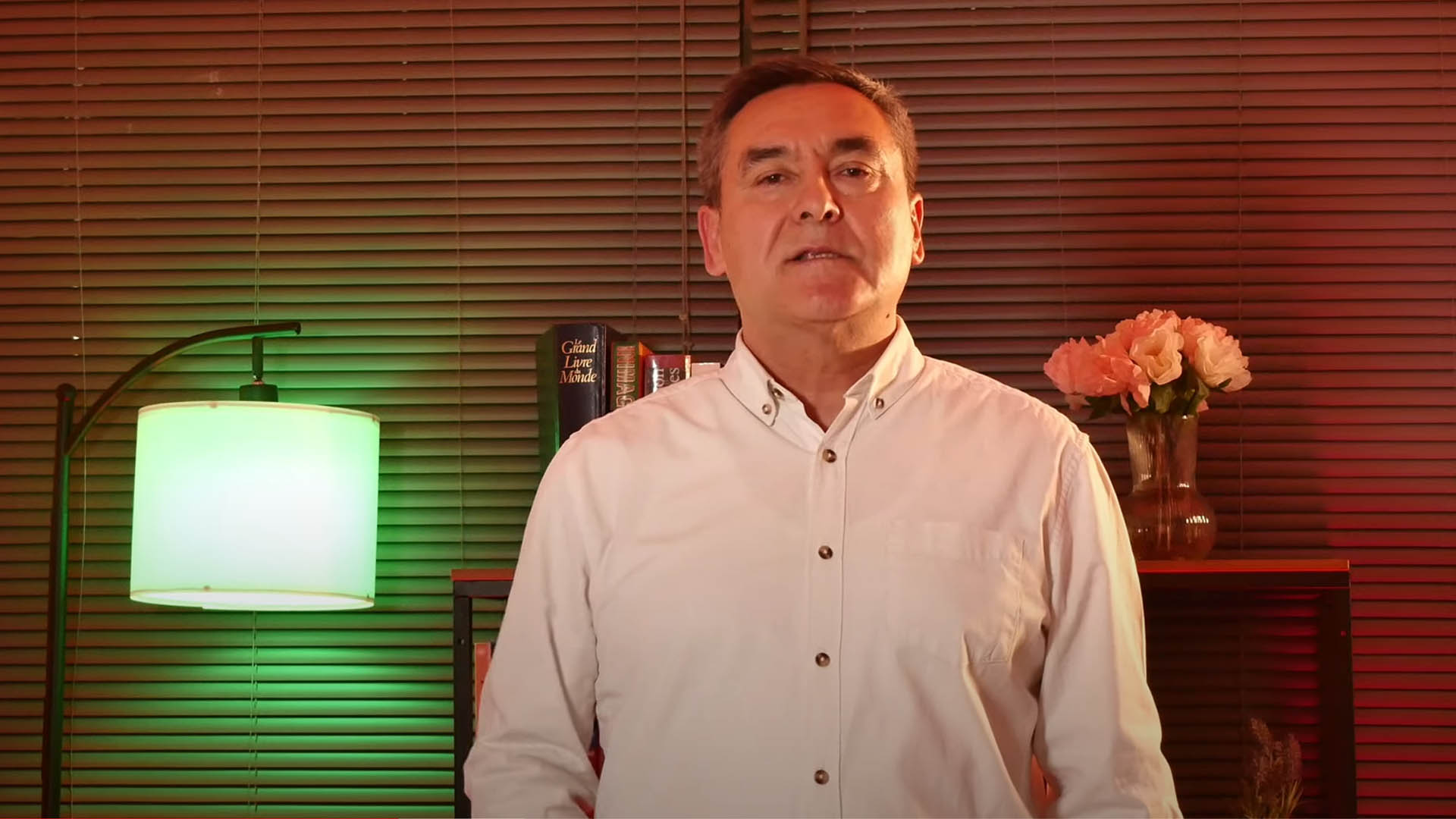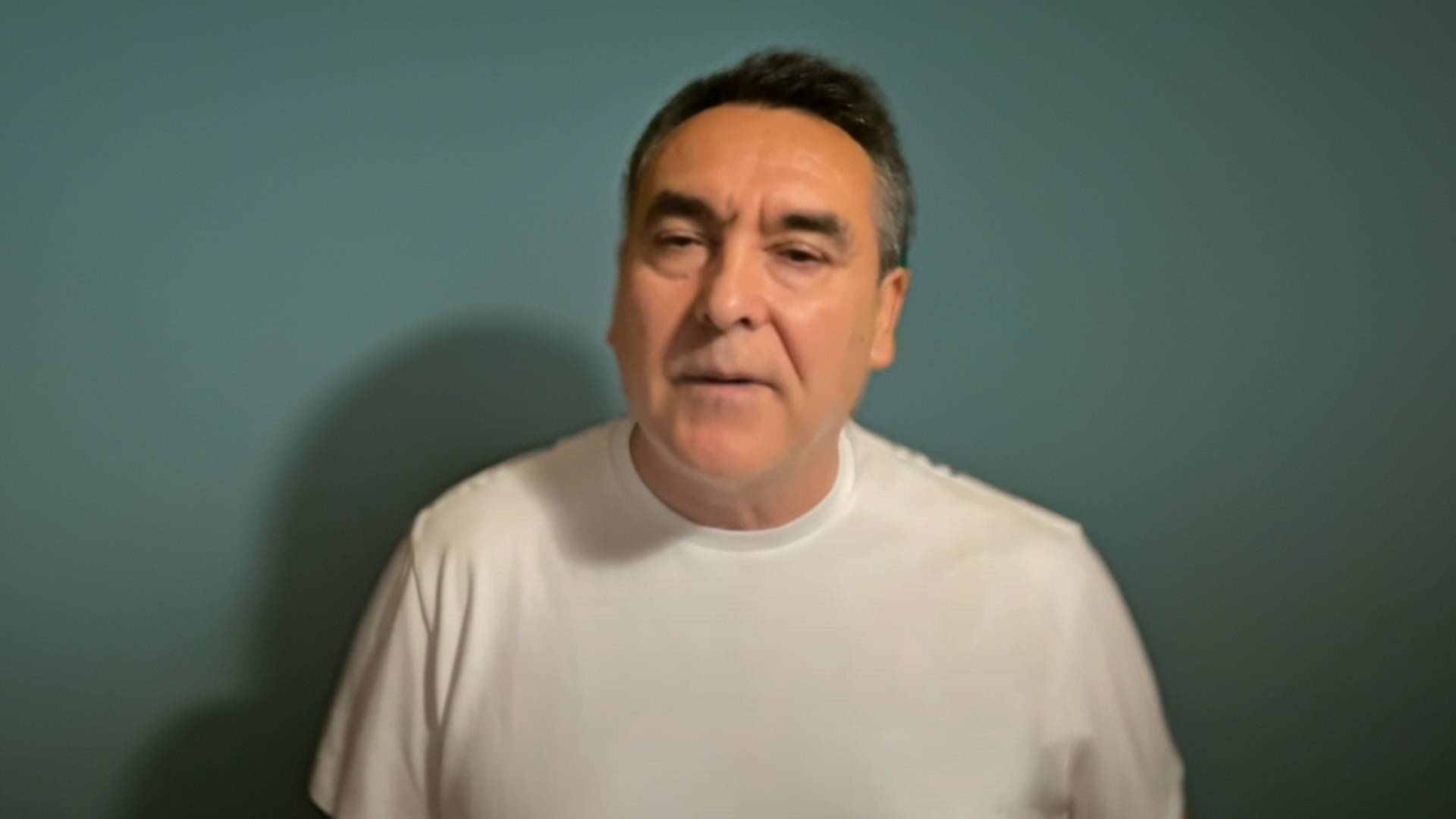Cult of personality, lack of freedom of speech, persecution of activists, widespread corruption and torture in prisons. All these are symptoms of a dictatorship that is developing gradually.
In Turkmenistan, dictatorship has reached one of the extreme manifestations in the world, and information about this is poorly disseminated.
In terms of isolation, Turkmenistan can probably only be compared with North Korea. The authorities are reluctant to let residents of the country go abroad, placing various obstacles, similar to those tourists who want to come to the former Soviet republic as travelers.
Excursion into history
Saparmurat Niyazov ruled Turkmenistan from 1985 to 2006. Several generations in schools and universities did not begin their studies until the oath of allegiance to Turkmenbashi was taken. Many still remember Niyazov well, considering him the founder of Turkmen statehood, the creator of independence and neutrality. But the Berdymukhamedov regime is perceived differently. The former Minister of Health first became acting president and, according to the constitution, did not have the right to run for the post of Head of State, but this clause was promptly removed.
Even at the very beginning of his journey, the new president looked like a kind of reformer by eliminating controls when crossing administrative borders within Turkmenistan, abolishing exit visas, and promising “perestroika” and freedom of the media. But from the entire list, only the replacement of the personality cult of Turkmenbashi with the less solemn cult of Arkadag remained.
The economy of the country, home to 6.3 million people and home to the world’s largest gas reserves, is slowly sliding into the abyss. It is becoming more and more difficult for residents to find work; many citizens who find themselves unemployed are forced to go outside the country to work. But not everything is so rosy there either. However, in parallel, instead of introducing social programs to protect the population, Turkmenistan is squandering money on ideological programs, luxurious infrastructure and servicing the personality cult of its leaders.
It is still impossible to call Turkmenistan a country of mass hunger, but the country is far from achieving an average standard of living. In an attempt to survive, people buy food in state stores, where bread, meat, chicken, sugar and flour are sold at a fixed state price, which is lower than the market price. But there are not enough of these products for everyone. And the quality of the products sold has dropped significantly.
At the same time, the population that criticizes the authorities is silenced in every possible way, threatened, and beaten. The most active oppositionists are fabricated criminal cases, sent to prison and abused. Relatives of victims are treated with particular distrust, leaving “no room for error.”
There is censorship of news for the media. They are prohibited from talking about real events and problems in the country; they are only allowed to sing an “ode of praise” to the current government and cover what the “regime” allows.
The state does not admit that it uses forced labor (slavery – ed.), citing the fact that workers are “hired” by farmers, that is, land tenants. The rights of citizens are violated in all areas – even having a passport and visa does not guarantee unhindered travel abroad.
Although the death penalty was abolished in Turkmenistan in 1999, human rights organizations report mass disappearances of people, both those who were sentenced to long prison terms and those who were detained but not brought to trial. And all because the country does not have an independent system of control over prisons and their wards. As practice shows, even those who are detained on dubious issues can be deprived of their lives by torture and beatings without bringing the case to an investigation.
“Ex-Soviets” focus on each other?
This is not the first time that self-proclaimed President of Belarus Alexander Lukashenko has spoken openly about dictatorship in the country. In particular, in April 2022, Putin’s closest ally said that without dictatorship, Belarusians “would be naked.” He clearly learned this from his “friendly neighbor.”
La Russie a également arraché ses masques. Le régime Poutine suit depuis longtemps une trajectoire de retrait de la démocratie et acquiert désormais de nombreux traits caractéristiques d’une dictature. Cela s’est produit après un redémarrage délibéré de l’ancien système du régime totalitaire du KGB. En Russie, comme en Biélorussie et au Turkménistan, il n’y a plus d’élections libres et démocratiques, il n’y a plus de médias indépendants. Tous les médias officiels sont devenus une puissante machine de propagande. Et il convient de reconnaître que les objectifs des régimes dictatoriaux atteignent leurs objectifs. L’indice de démocratie est de – 0.
Ce n’est un secret pour personne qu’en Russie et en Biélorussie, toute tentative d’auto-organisation de la société est réprimée depuis longtemps. La société civile en tant que telle a cessé d’exister, l’opposition a été démolie et toutes les organisations publiques ou de défense des droits de l’homme sont devenues des ennemis, appelés « agents étrangers ». Quiconque exprimera le désir de critiquer les autorités sera puni.
Le déclenchement de la guerre russe sur le territoire ukrainien a finalement terni la réputation de Poutine et de son proche allié Loukachenko, qui ont soutenu l’agression et mis à disposition son territoire. Heureusement, le Turkménistan n’est pas entré dans cette terrible histoire, mais continue à détruire la démocratie, la liberté et les droits de l’homme à son propre niveau. Ainsi, différents pays, différentes religions, mais les méthodes sont les mêmes. Mais il ne faut pas oublier que toute dictature finit par détruire l’État. L’expérience de la dictature « hitlérienne », qui a entraîné une catastrophe totale en Allemagne, n’a-t-elle rien appris à personne ?

